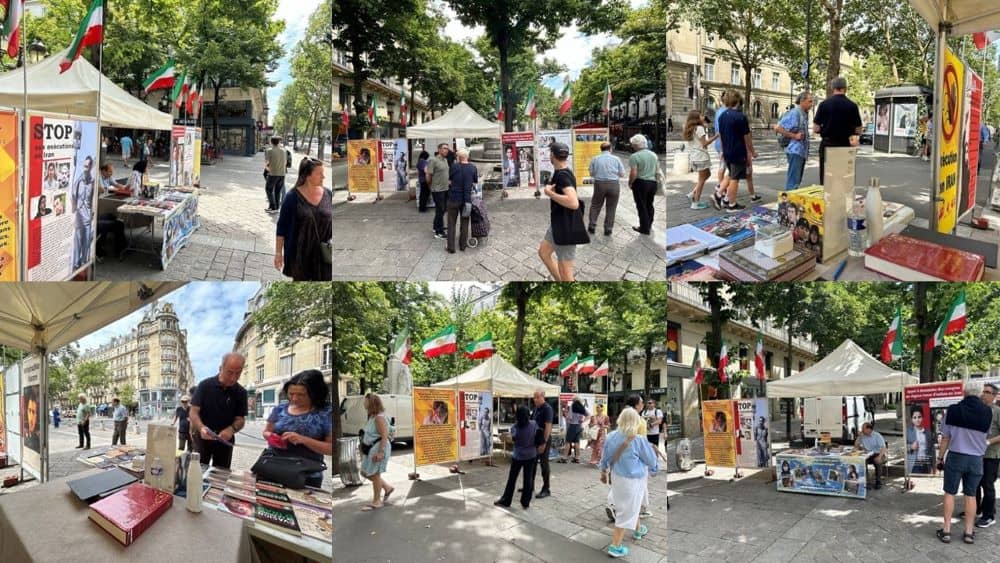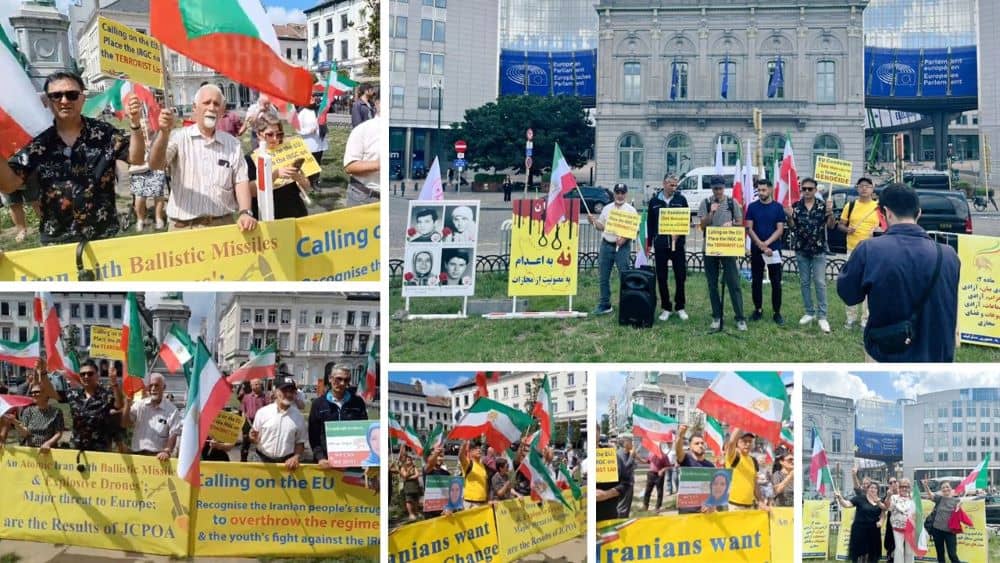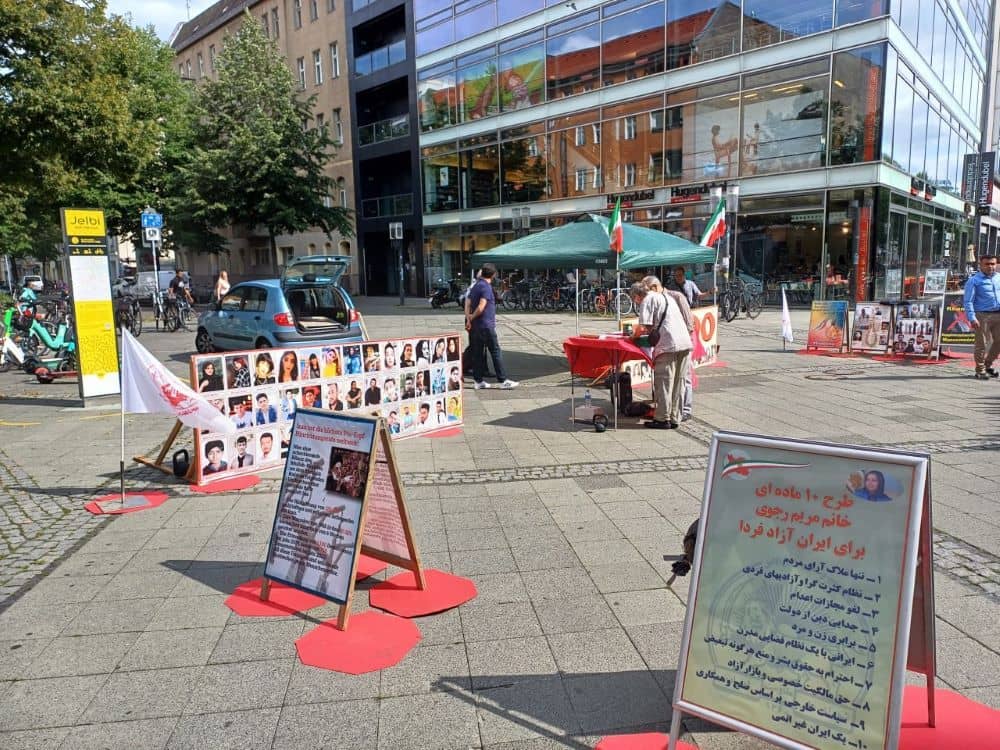
Over 100 Iranian athletes, from national and world champions to Olympians, have sent a letter to the United Nations Secretary-General António Guterres to draw his attention to the brutal massacre of over 30,000 political prisoners in Iran in the summer of 1988.
In their letter, they greatly underlined how the Iranian regime targeted Iranian athletes at the time, pointed out how the systematic impunity in Iran is unfairly protecting regime officials, the very people who were involved in the one of the worst crimes against humanity in Iran’s history, and echoed calls for an international enquiry into the massacre.
The National Council of Resistance of Iran (NCRI) published the contents of the letter which began by giving a brief history of the atrocities, explaining how over 30,000 prisoners were executed across Iran in a matter of weeks following minutes-long interrogations in ‘Death Commissions’, a panel of judges deciding the prisoners’ fates.
The judges were following orders from then-Supreme Leader Ruhollah Khomeini, who issued a fatwa ruling that anyone who remained loyal to the Iranian regime’s opposition, the People’s Mojahedin Organization of Iran (PMOI/MEK) should be executed. Of the victims of the massacre, over 90 percent of them were members or supporters of the MEK.
The letter read, “Among the victims of this massacre were a number of athletes and members of Iran’s national teams. Among the 120,000 victims of political executions in the last 40 years, there were a number of sports champions, including Habib Khabiri, the captain of the Iranian national soccer team, and Navid Afkari, the wrestling champion, who were executed in 1984 and 2020 respectively.”
International experts have considered this crime against humanity as an act of genocide, and still, many of the masterminds and perpetrators of the massacre are currently holding some of the most senior positions within the regime and bask in their sense of impunity while they continue to carry out executions to this day.
In the November 2019 uprising in Iran, more than 1,500 protesters were killed under the order of the same individuals who were involved in the 1988 massacre. One such individual is the regime’s current president, Ebrahim Raisi, who was a member of the Tehran Death Commission during the summer of 1988. Prior to that, he already had a history of human rights abuses.
In the past three decades, a number of human rights bodies, including Amnesty International and the United Nations High Commissioner for Human Rights, along with other prominent human rights experts, have continuously called for the need to hold Raisi accountable for his involvement in the massacre.
Amnesty International’s secretary general Agnes Callamard said, following Raisi’s rise to power, “That Ebrahim Raisi has risen to the presidency instead of being investigated for the crimes against humanity of murder, enforced disappearance and torture, is a grim reminder that impunity reigns supreme in Iran.”
Highlighted towards the end of the letter, it read, “Silence and inaction in the face of genocide and crimes against humanity that took place at the end of the twentieth century is an encouragement to continue and intensify the crime.”
The signatories further echoed calls for investigations into the 1988 massacre to be initiated by the United Nations and urged them to hold top officials, including Raisi and the regime’s Supreme Leader Ali Khamenei, accountable for the atrocities and put them on trial in an international court.
Alongside the letter, a copy of the book “Crime Against Humanity”, containing the names and details of 5,015 of the people who were executed during the massacre in 1988, was also sent to Guterres.





